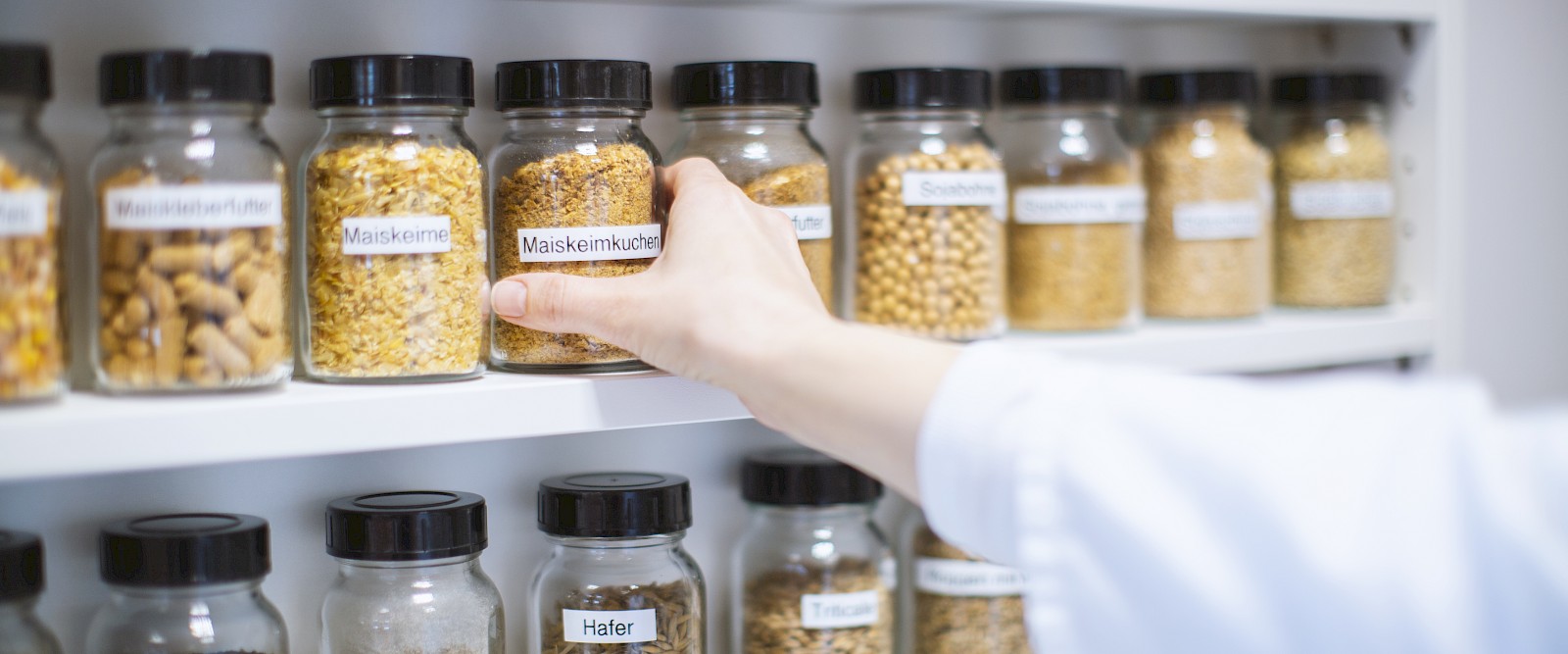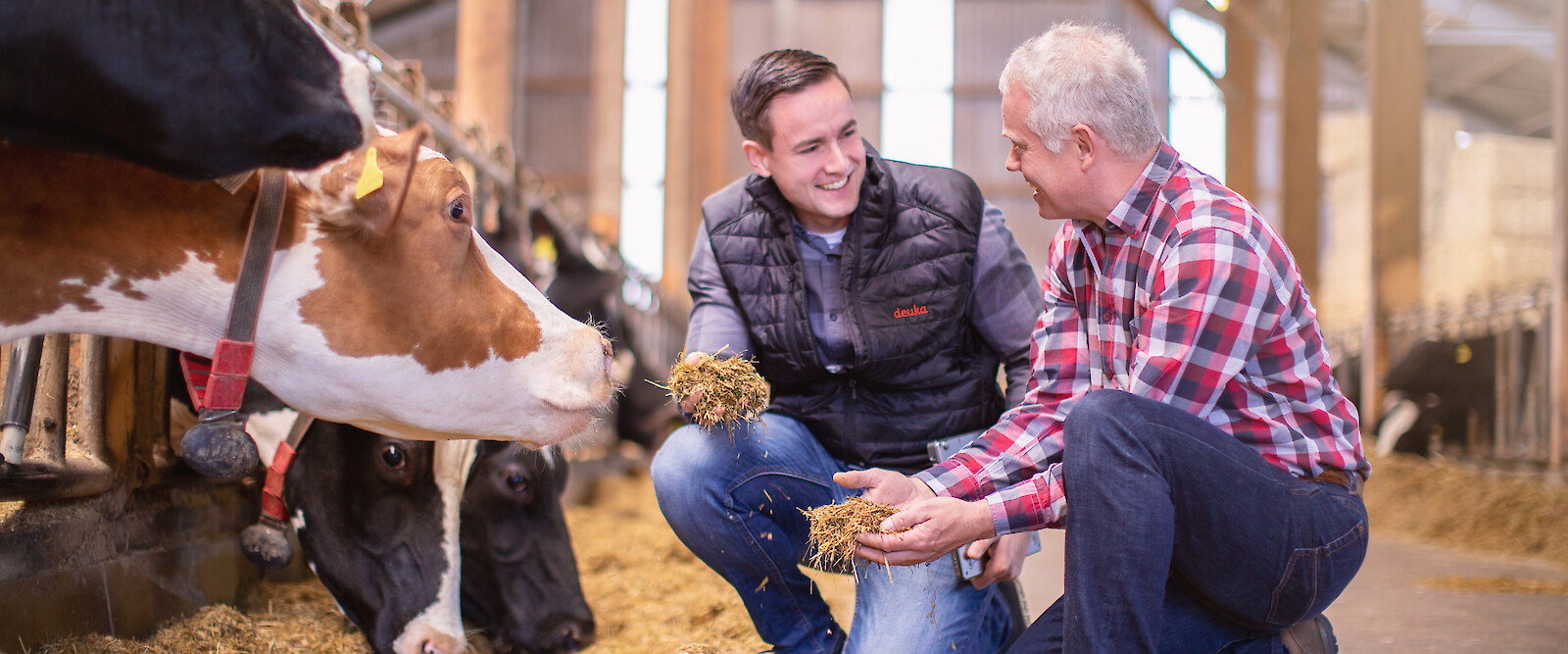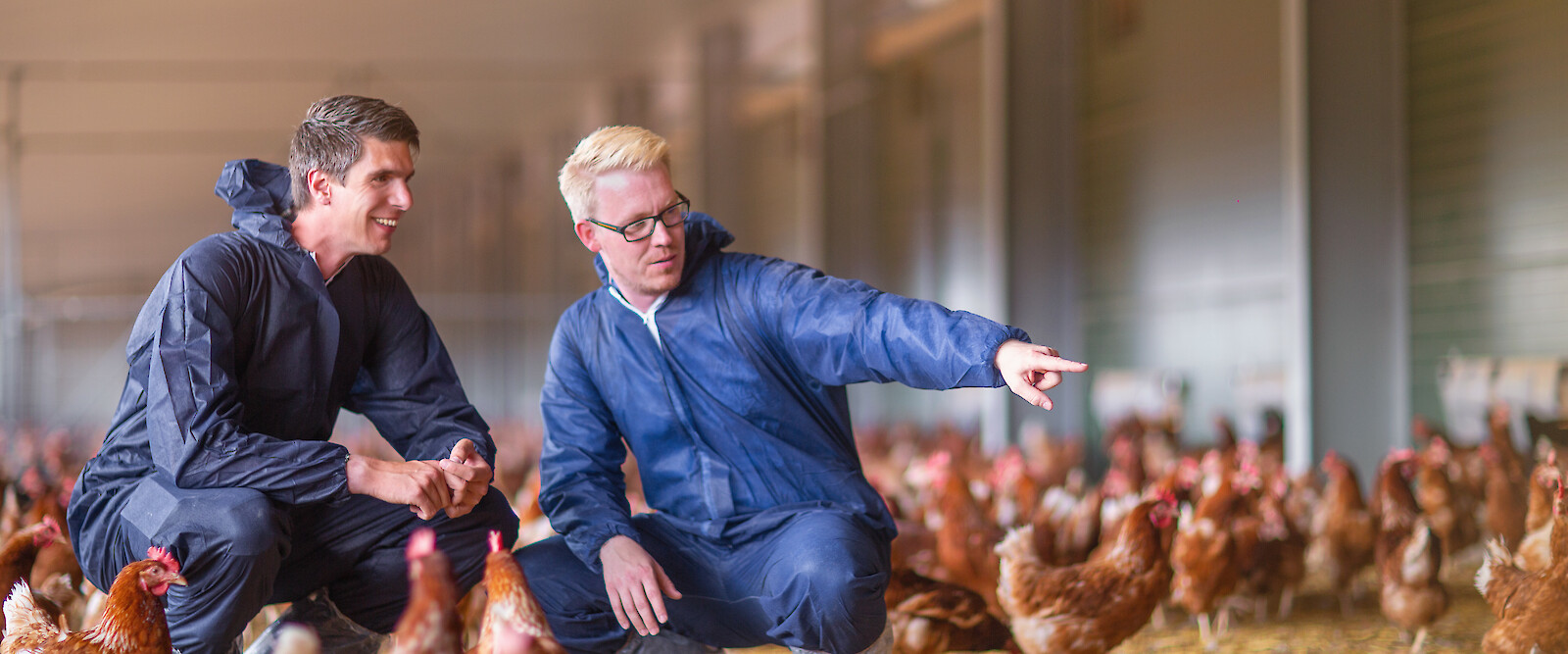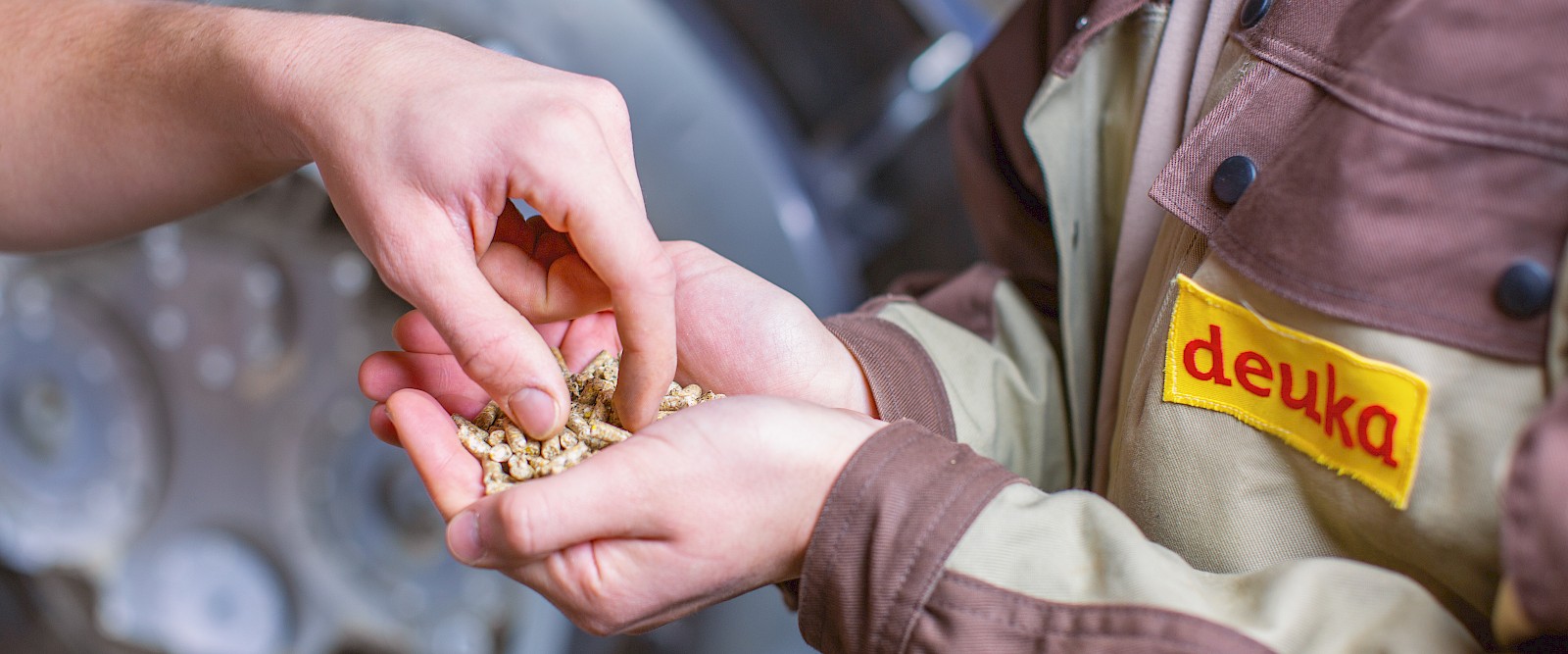Raw material and nutrient lexicon
Weitere Einträge
- Main nutrients
- Maize
- Maize germ extraction meal
- Malt germs
- Manganese
- Cassava
- Methionine
- Methionine
- Mixed feed
- Molasses chips
- Monocalcium phosphate
- Monodicalcium phosphate
Methionine
Methionine is an essential building block for body protein and must be supplied to the animal with food, as it cannot be synthesised in the organism. It takes on tasks in the body as a component of enzymes and peptides. The amino acids cysteine and cystine can be formed in the body from methionine. Methionine belongs to the sulphur-containing amino acids and functions in the metabolism as a so-called methyl group donor. In this function, there are close relationships to the vitamin choline. Methionine is of particular importance in the nutrition of poultry, as the protein of the feathers has a particularly high content of this amino acid. All low-protein feeds such as cereals contain little methionine. Protein-concentrated straight feedstuffs such as certain by-products of oil extraction for human nutrition (e.g. soybean meal, sunflower meal, rapeseed meal) contain correspondingly higher methionine concentrations. In individual feed types, especially for poultry, growing monogastrics (e.g. pigs) and also rabbits, the methionine content of the single feedstuffs used is often not sufficient for a supply in line with requirements. Therefore, these feeds are supplemented with pure DL-methionine, which is obtained by chemical synthesis, or methionine hydroxy analogue, a methionine precursor. Unlike the other first-limiting amino acids lysine, threonine and tryptophan, methionine can also be fully utilised in the metabolism in the D form.






